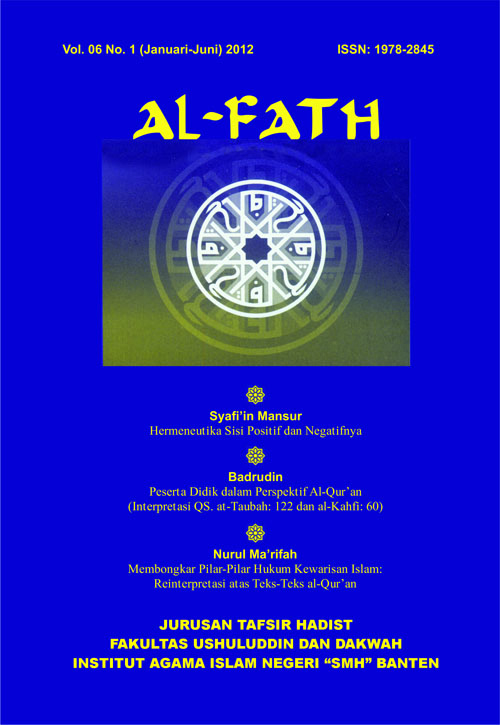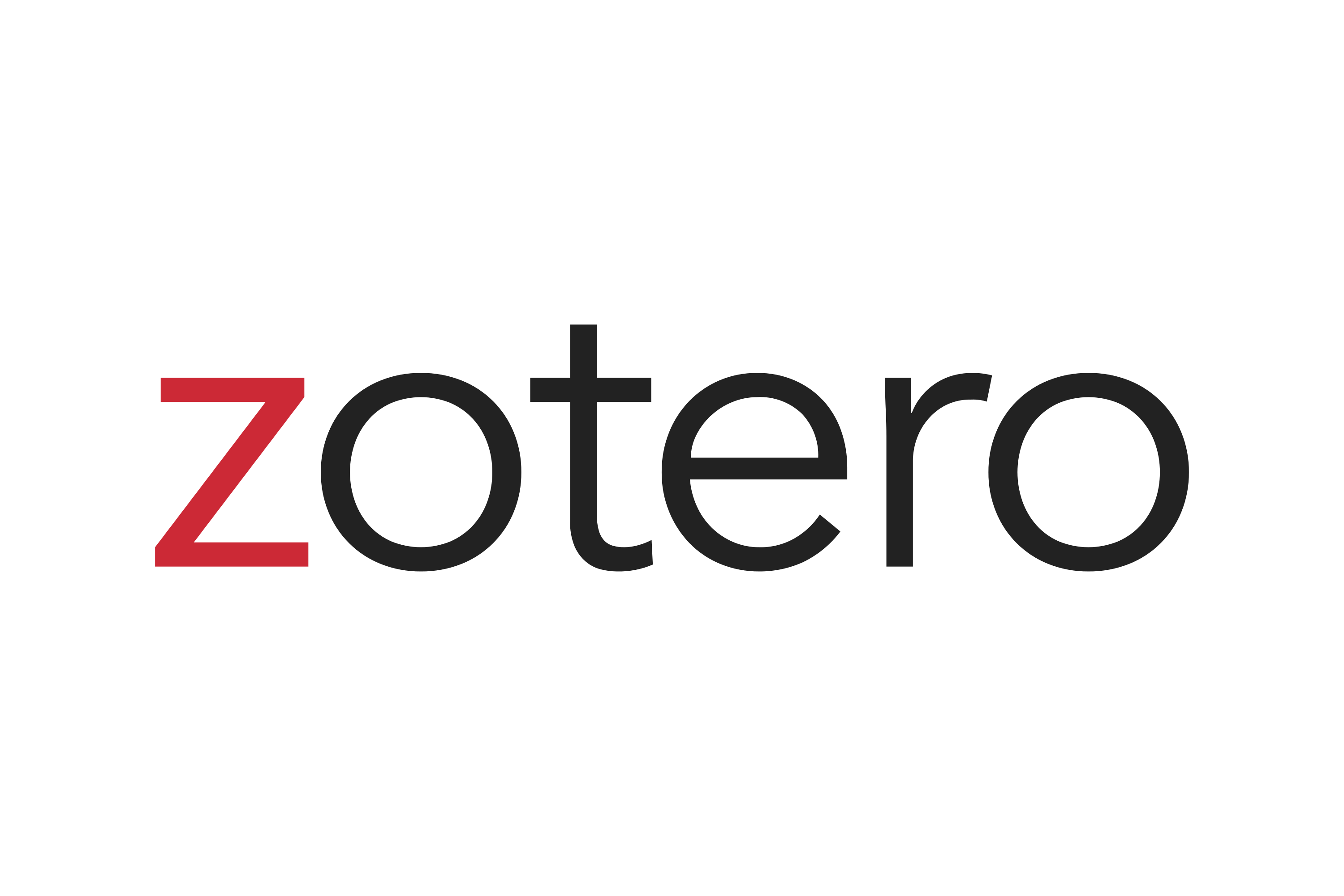Hermeneutika: Sisi Positif dan Negatif
DOI:
https://doi.org/10.32678/alfath.v6i1.3206Keywords:
Hermeneutika, Positif dan NegatifAbstract
Hermeneutika awalnya digunakan sebagai metode filsafat, kemudian digunakan untuk menafsirkan teks Bibel yang pada akhirnya menimbulkan pro dan kontra. Bahkan saat ini lagi tren menggunakan hermeneutika untuk studi Al-Qur’an. Sisi positif dan negatifnya tidak bisa disangkal karena heremeneutika mempunyai kelema-han dan kele-bihan sebagai metode yang dikembangkan oleh manusia sebagai makhluk Tuhan yang terbatas. Karena perdebatan tentang hermeneutika itu pada wila-yah metodologi, baik yang menyangkut bahasa, penga-rang, dan teks itu sendiri maka tergantung tujuan manusia yang menggunakannya. Jika digunakan untuk menying-kap kebenaran maka sah-sah saja, tetapi jika digunakan hanya untuk mencari kelemahan dan kesalahan maka hal itu akan menda-tangkan keburukan dan kemudaratan.
Downloads
Downloads
Published
How to Cite
Issue
Section
License
Copyright Notice

Al-Fath: http://jurnal.uinbanten.ac.id/ is licensed under a Creative Commons Attribution-ShareAlike 4.0 International License
An author who publishes in Al-Fath agrees to the following terms:
- Author retains the copyright and grants the journal the right of first publication of the work simultaneously licensed under the Creative Commons Attribution-ShareAlike 4.0 License that allows others to share the work with an acknowledgment of the work's authorship and initial publication in this journal
- Author is able to enter into separate, additional contractual arrangements for the non-exclusive distribution of the journal's published version of the work (e.g., post it to an institutional repository or publish it in a book) with the acknowledgment of its initial publication in this journal.
- Author is permitted and encouraged to post his/her work online (e.g., in institutional repositories or on their website) prior to and during the submission process, as it can lead to productive exchanges, as well as earlier and greater citation of the published work (See The Effect of Open Access).
Privacy Statement
The names and email addresses entered in this journal site will be used exclusively for the stated purposes of this journal and will not be made available for any other purpose or to any other party.










